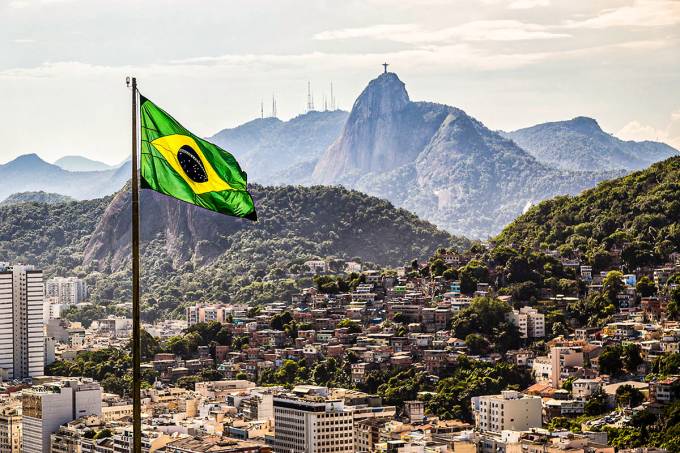RIO DE JANEIRO, BRAZIL – Brazil’s economy will grow 3.7% this year and 2.5% in 2022 if the government manages to control the covid pandemic and rising inflation, according to the outlook study released Monday by the Organization for Economic Co-operation and Development (OECD).
The organization, which Brazil hopes to join as a full member, considers that the strong economic recovery that the largest Latin American economy has been experiencing since the end of 2020 will allow the country to overcome the crisis generated by covid, which caused a historic economic retraction of 4.1% last year.

“Despite the high number of infections and deaths, the economy recovered strongly at the end of 2020. GDP growth is expected to reach 3.7 % in 2021 and 2.5 % in 2022, driven by a progressive increase in consumption and investment,” the study said.
The agency, however, conditioned the recovery to the control of the pandemic, since Brazil is one of the most affected countries in the world by covid, with about 460,000 deaths and 16.4 million infections, and faces the threat of a third wave since the vaccination process is advancing slowly.
“The health situation is worrying. The spread of the virus accelerated in early 2021. The widespread of the virus and uncoordinated restriction measures at the government level have aggravated the situation. The vaccination process is slow despite local vaccine production capacity,” the report says.
Read also: Brazil Economy Minister eyes 5% GDP growth this year, budget surplus in 2023
“Recovery will depend on the evolution of the pandemic. Despite solid growth in the first two months of the year, driven by retail trade and other service sectors, activity in the first half of the year will be subdued, limited by the high level of virus spread and mobility restrictions,” it adds.
According to the OECD, it is possible to project a strong economic rebound in the second half of the year, led by household consumption and exports, as soon as vaccination accelerates and control of the spread of the virus improves.
This is because the savings accumulated in 2020 will maintain consumption levels despite the fall in income due to the rise in unemployment. Exports will continue to benefit from the recovery in world demand for food and minerals and the rise in raw material prices.
For the OECD, the other threat to Brazil’s recovery is inflation, which has rebounded in recent months and is expected to end this year above the ceiling of the target set by the Central Bank for 2021 (maximum of 5.25% per year).
“Rising inflation is complicating the fiscal and monetary policy mix,” said the OECD, warning that to contain prices, the Central Bank will continue to raise interest rates, which could undermine support for the economy.
The organization also warned that the government has minimal room for maneuver for its fiscal and monetary policies because it needs to reduce the historic public deficit and a public debt that is approaching the equivalent of 90% of GDP.
“Fiscal policy reform would increase the government’s ability to help the economy cope with further shocks, and increased public investment can boost potential growth. But this would need to be accompanied by structural reforms to improve domestic and external competition and improve the business climate,” the OECD concludes.

